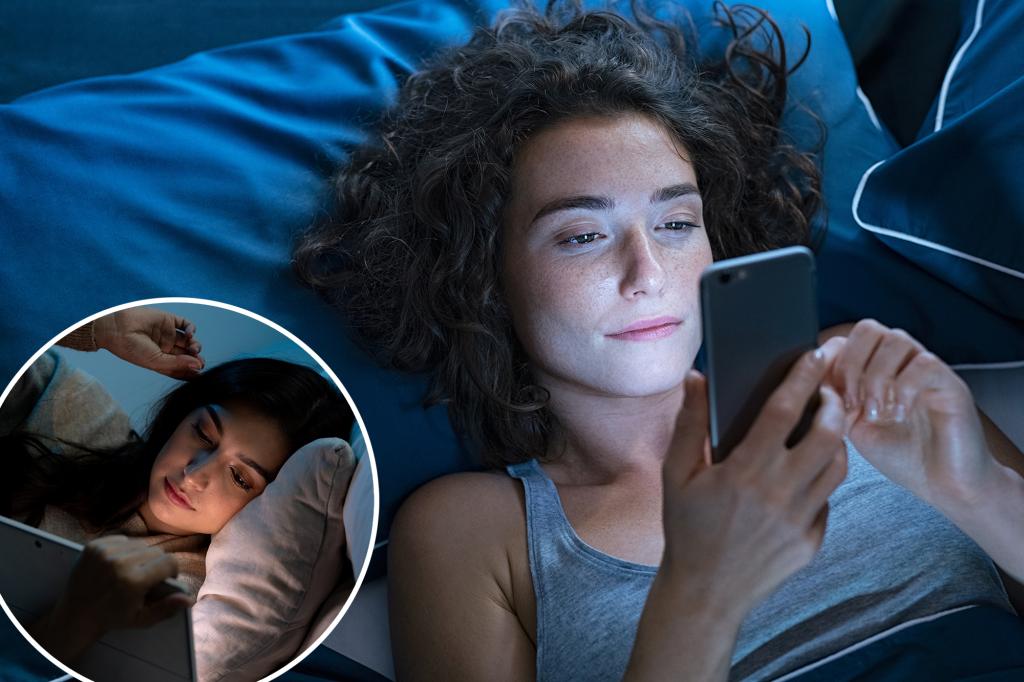Recent research suggests that using technology before bed may not necessarily disrupt sleep as previously believed. People’s sensitivity to blue light and stimulation varies, with some finding screen use supportive of sleep, while others may find it disruptive. Clinical psychologist Shelby Harris emphasizes the importance of tailoring recommendations to individual preferences rather than blanket advice against tech before bed.
While blue light exposure has been associated with poor sleep due to its impact on melatonin production, recent studies have challenged these beliefs. Some studies have found no significant differences in sleep outcomes among young adults who used phones with different displays or no phone at all before bed. The National Sleep Foundation still recommends keeping screens out of the bedroom and turning off devices at least an hour before bedtime, although the effects of blue light exposure may not be as extreme as previously thought.
To improve sleep quality, experts suggest setting a consistent bedtime alarm to limit screen time and prevent habits like doom-scrolling, which can have negative effects on memory, information retention, and mental health. Turning off notifications and switching phones to airplane mode before bed can also help eliminate disruptions and improve sleep. Engaging with passive content that requires no interaction, such as reading a book or watching TV reruns, may be a better alternative for those who have trouble sleeping due to screen time.
Maintaining a regular exposure to sunlight throughout the day is a proven method to regulate circadian sleep cycles, even though the exact effects of blue light exposure on sleep are still debated. To better understand individual sleep habits, keeping a weekly journal tracking tech use, sleep quality, and morning feelings is recommended. By tracking these factors, individuals can identify patterns and make adjustments to optimize their sleep routines according to their unique needs.
In conclusion, the impact of technology on sleep varies among individuals, making it important to tailor recommendations to personal preferences. While blue light exposure has been linked to poor sleep, recent research challenges these beliefs and indicates that the effects may not be as extreme as previously believed. To improve sleep quality, experts recommend setting a consistent bedtime alarm, turning off notifications, engaging with passive content before bed, and maintaining regular exposure to sunlight. By tracking sleep habits and making adjustments based on individual needs, people can optimize their sleep routines for better overall health and well-being.


